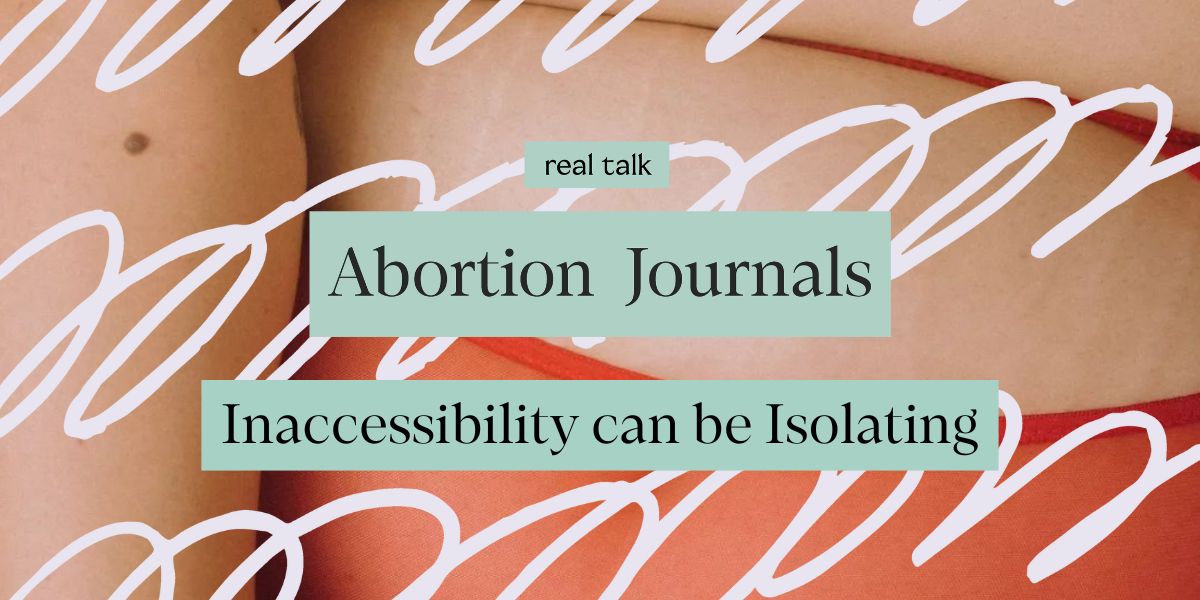What’s the deal with egg freezing?

Everyone’s journey to pregnancy is different. Some people get pregnant on the very first try, while others spend years planning and trying for a baby. For women, egg count declines as we get older and it becomes harder to get pregnant. In reality, timing is rarely perfect and not everyone is ready to have a baby when they are the most fertile. Let’s talk about egg freezing.
What is egg freezing?
Egg freezing, or mature oocyte cryopreservation, is a fertility treatment in which eggs are taken from the ovaries and preserved so that they can be used for pregnancy in the future. Frozen eggs don’t continue to age so it can be beneficial to freeze your eggs when you are younger so that they are more likely to become fertilized once you are ready for pregnancy.
How does it work?
There are multiple steps to freezing your eggs: ovarian stimulation, egg retrieval, and freezing. During ovarian stimulation, you’ll take synthetic hormones that will allow your ovaries to produce multiple eggs rather than just 1 each month. Your doctor might prescribe the hormone medication as a shot you would inject and/or pills you can take orally.
During ovarian stimulation (usually around 10-14 days) your doctor will monitor you and your response to these hormones through regular blood tests. Once your eggs are ready for retrieval, your doctor will likely give you medication that helps eggs mature, such as human chorionic gonadotropin (hCG).
Egg retrieval is the point at which your doctor extracts the mature eggs from your ovaries. This procedure can be done under mild sedation and might result in cramping for a few days after. Typically, your doctor will insert an ultrasound probe into the vagina to look for the follicles. Then, a needle is guided through the vagina, into the ovary, and acts as a suction device to remove the egg from the follicle. Up to 15 eggs can be retrieved per cycle and the more you extract, the higher your chances of pregnancy will be. It usually takes around 1 week to recover from this and resume normal activities.
Once the eggs are extracted, they are frozen at temperatures below zero in order to preserve them for future use. This process is called vitrification. Once you’re ready to use your frozen eggs and try to get pregnant, your doctor will fertilize them with sperm cells in the lab (your partner’s or a donor’s) and implanted them into your uterus. Depending on your age and health, the chances of pregnancy after implantation are 30-60%.
Why do people freeze their eggs?
Women freeze their eggs for a variety of reasons. Women’s bodies are in their prime reproductive years in their 20s and early 30s. A lot of women freeze their eggs because they aren’t ready to have a baby during that time period but want to preserve their fertility for the future. Saving some of your eggs while you are young allows for eggs to be frozen that may be of better quality for later pregnancy should you decide to get pregnant.
For some, egg freezing may be the only option in order to get pregnant. According to the CDC, 12% of US women ages 15-44 struggle to get or stay pregnant. In Vitro Fertilization (IVF) is a fertility treatment in which frozen eggs are thawed and combined with sperm cells in a lab and implanted back into the uterus.
It’s also common for women who have plenty of mature eggs to not be able to hold the pregnancy due to medical problems with the uterus. In this case, the mature eggs and sperm cells can be implanted into a surrogate. The surrogate will carry the pregnancy, but the baby would have you and your partner’s genes.
There are plenty of personal and financial considerations that go into deciding whether to freeze your eggs. Be honest and open with your doctor before making your decision and don’t be afraid to ask questions. Whatever your reproductive journey looks like, Stix is always here to support you.
Keep Reading

What's going on with the Arizona abortion ban from 1864?
Apr 11

Do you have a case of relationship anxiety?
Apr 11

The female gaze: a guide to porn for women
Apr 8










